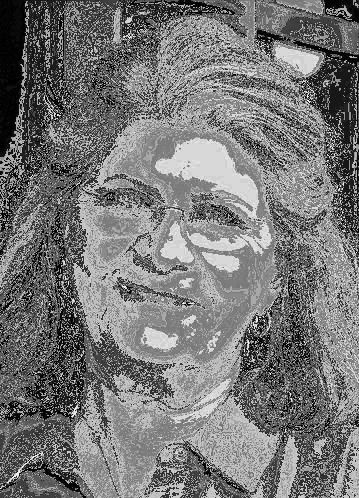What Is Economic Development?
Economic development is the intentional practice of improving a community’s economic well-being and quality of life. It includes a broad range of activities to attract, create, and retain jobs, and to foster a resilient, pro-growth tax base and an inclusive economy. The practice of economic development comprises of a collaborative effort involving industry, government, and myriad community stakeholders.
Who Are Economic Developers?
An economic developer is a professional practitioner of economic development. Economic developers have a code of ethics, profession-specific education and training, and a professional certification. With varying backgrounds and specializations, economic developers frequently provide both leadership in policymaking, as well as administering policies, programs, and projects in support of economic development. The effectiveness of economic developers lies in their ability to collaborate with industry, government, and community stakeholders. Often thought of as conveners, economic developers play a central role in leveraging the resources of a community – such as businesses utilities, educational institutions, chambers of commerce, banks, real estate developers, neighborhood groups, foundations, NGOs, and more – to support economic development.
What Is An Economic Development Organization ( EDO)?
Economic developers often, but not always, work within an organization solely purposed to support economic development, referred to as Economic Development Organizations, or EDOs. Communities may have one or more EDOs, as independent organizations or part of a government entity, a public-private partnership, a chamber of commerce, or a non-profit or non-governmental organization. Some community organizations, such as utilities, corporations, or higher-education institutions, may also have offices or divisions within them tasked with supporting economic development.
Funding for EDOs, as well as specific economic development projects, may come from several sources, including federal, state, and local government, foundations and NGOs, businesses, and other private funds. EDOs may be accredited, certifying operational excellence.
In Texas there are two types of economic development organizations (EDO), Type A and Type B. A brief description of the two is below. In Colorado County the cities of Columbus and Weimar are Type B, Eagle Lake does not have an EDO.
Type A and Type B
Manufacturing and industrial facilities.
Type A Projects
The Type A sales tax is used for manufacturing and industrial development. EDCs may use Type A revenue to fund land, buildings, equipment, facilities expenditures, targeted infrastructure and improvements for projects including:
• manufacturing and industrial facilities, recycling facilities, distribution centers, and small warehouse facilities;
• research and development faci lities, regional or national corporate headquarters, job training facilities operated by higher education institutions, job training classes, telephone call centers and career centers;
• infrastructure improvements that promote or develop new or expanded business enterprises; • aviation facilities;
• commuter or light rail or commuter bus operations;
• port-related facilities, railports, rail switching facilities, marine ports, inland ports;
• maintenance and operating costs associated with projects; and
• contaminated property clean-up.
With voter approval, Type A EDCs may fund projects eligible under Type B without voting to abolish the Type A tax and impose the Type B tax. In this situation, a Type A EDC must publish notice of its intent to fund a Type B project, hold at least one public hearing and conduct a special election.
A Type A corporation cannot assume, or pay principal or interest on, debts that existed before voters agreed to establish the EDC.
Who can create a Type A EDC?
Any city located in a county with a population of less than 500,000 may impose a Type A tax if the new combined local sales tax rate would not exceed 2 percent.
Some cities located in counties with a population of 500,000 or more (Bexar, Dallas, El Paso, Harris, Hidalgo, Tarrant and Travis) may also use Type A for economic development efforts but a city’s eligibility varies from county to county.
Type B Projects
The Type B sales tax may be used for projects eligible under Type A, plus quality-of-life improvement projects. Type B corporations may pay for land, buildings, equipment, facilities, targeted infrastructure, and improvements for:
• sports and athletic facilities, tourism and entertainment facilities, convention facilities and public parks;
• related store, restaurant, concession, parking and transportation facilities;
• related street, water and sewer facilities; and
• affordable housing.
A Type B EDC may also fund:
• public safety facilities;
• recycling facilities;
• streets, roads, drainage and related improvements;
• demolition of existing structures;
• general municipally owned improvements; and
• maintenance and operating costs associated with projects.
Type B EDCs also may seek voter approval for a water supply or water conservation programs or cleanup of contaminated property.
Who can create a Type B EDC?
All cities are eligible to adopt the Type B sales tax if the combined local sales tax rate would not exceed 2 percent.
(The tax rate for the City of Columbus is 2 percent split three ways with the City receiving 1 percent, CCIDC receiving ½ percent, and Colorado County receiving ½ percent.)

Becky Nutt
.jpg)


